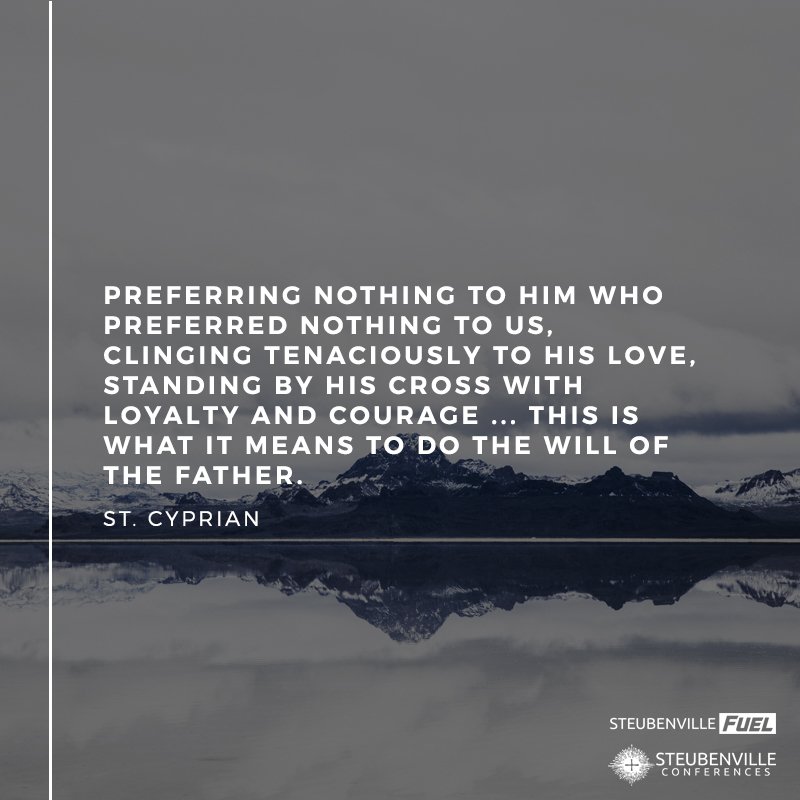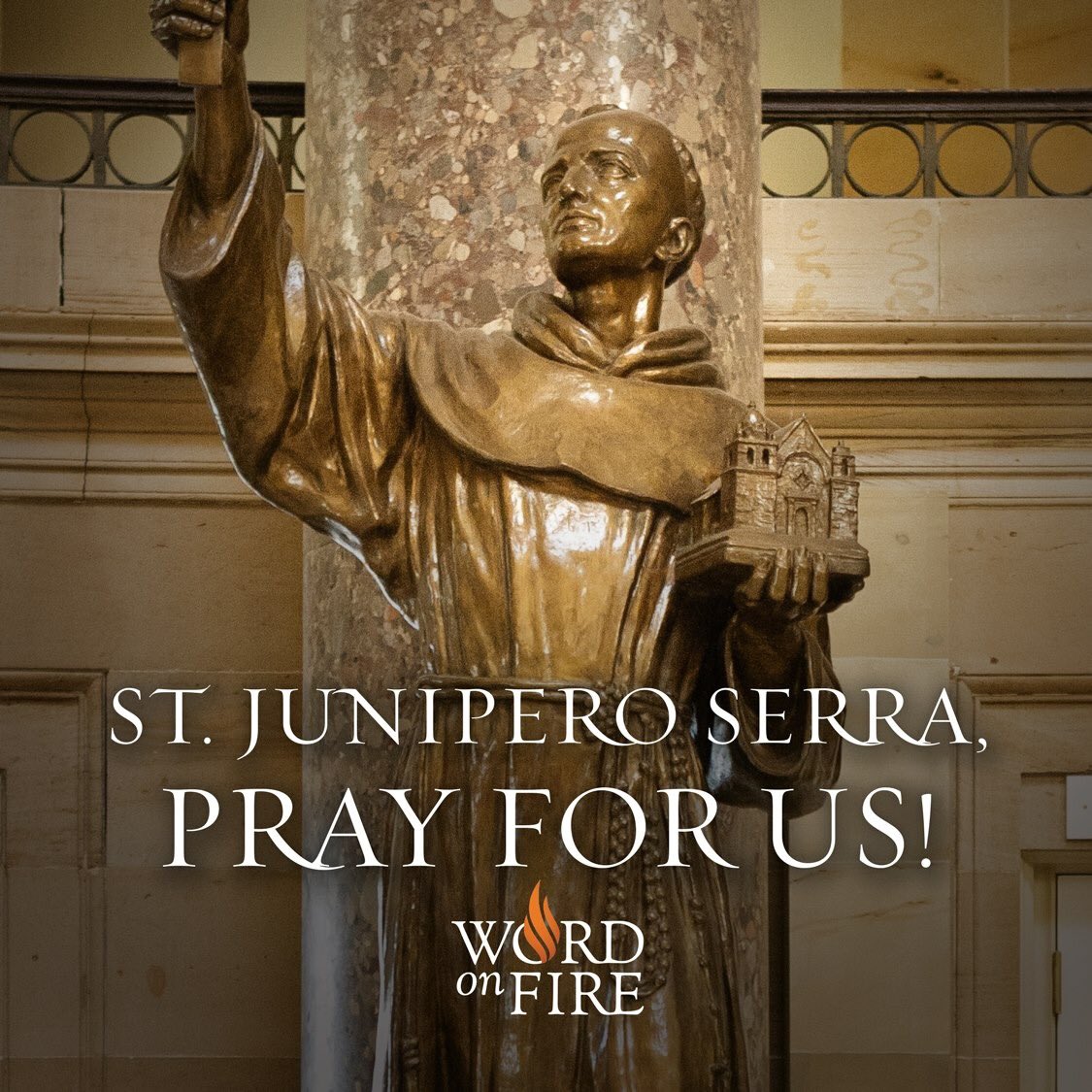As anyone who reads this blog regularly knows, I am quite grateful for the monthly devotional Magnificat (some of whose creators have become friends -– though my addiction preceded the friendship). It’s well done and beautiful, also accessible and digestable in daily servings. Whether or not you subscribe, though, making time for daily spiritual nourishment -– prayerful reading -– is just essential to our lives, if we want to be authentic Christians.
And so we try to drink in the wisdom and humility and guidance of holy women and men. And a little here. Helping toward that goal, for the Feast of St. Augustine, August 28, the Magnificat reflection came from that great doctor of the Church:
So now, brothers and sisters, let our desire be directed toward nothing but heaven, to nothing but eternal life. We must none of us be pleased with ourselves, as people who have lived uprightly here, nor compare ourselves with those who live bad lives
Augustine uses as an example today’s Gospel to illustrate his point, naming
that Pharisee who justified himself, who evidently hadn’t heard the Apostle saying, Not that I have already received, or am already perfect (Phil 3:12). So he hadn’t yet received what he still desired. He had received a pledge; he said so himself: Who has given us the pledge of the Spirit (2 Cor 1:22; 5;5). The thing which this was a pledge of, that’s what he longed to reach. A measure of participation—but at a distance.
Augustine goes on to differentiate between where we are now and the promise of where we will be, an eternity we are offered union with, but with full – the greatest –- union to come, if we are faithful:
We participate one way now, we will participate then in quite another. Now by faith, by hope the same Spirit; then, though, it will be by sight, it will be the thing itself; but the same Spirit, the same God, the same fullness. He is crying out to us while we are absent, he will show himself to us when we are present; he is calling us as we wander in exile; he will foster and feed us in the home country.
He wrote about sin, of course, from experience. Pope Benedict has said of Augustine, outlining his journey of conversion:
Initially, he thought that once he was baptized, in the life of communion with Christ, in the sacraments, in the Eucharistic celebration, he would attain the life proposed in the Sermon on the Mount: the perfection bestowed by Baptism and reconfirmed in the Eucharist. During the last part of his life he understood that what he had concluded at the beginning about the Sermon on the Mount – that is, now that we are Christians, we live this ideal permanently – was mistaken. Only Christ himself truly and completely accomplishes the Sermon on the Mount. We always need to be washed by Christ, who washes our feet, and be renewed by him. We need permanent conversion. Until the end we need this humility that recognizes that we are sinners journeying along, until the Lord gives us his hand definitively and introduces us into eternal life. It was in this final attitude of humility, lived day after day, that Augustine died.
We’re called to continual conversion, so that we may enjoy eternal joy, that we rest in eternal peace, free of the fears and anxieties and confusions of this world.
Perhaps the best reflection today also comes from St. Augustine. You know the words:
Late have I loved you, O Beauty ever ancient, ever new, late have I loved you. You were within me, but I was outside, and it was there that I searched for you. In my unloveliness I plunged into the lovely things which you created. You were with me, but I was not with you. Created things kept me from you; yet if they had not been in you they would have not been at all. You called, you shouted, and you broke through my deafness. You flashed, you shone, and you dispelled my blindness. You breathed your fragrance on me; I drew in breath and now I pant for you. I have tasted you, now I hunger and thirst for more. You touched me, and I burned for your peace.
May we always be with God. May we always go to Him — go back to Him and His mercy. May we pray we stay with Him, that we may always burn for His peace, that is a tremendous gift of eternity.
As B16 also reflected and leads us in prayer:
St Augustine defines prayer as the expression of desire and affirms that God responds by moving our hearts toward him. On our part we must purify our desires and our hopes to welcome the sweetness of God (cf. In I Ioannis 4, 6). Indeed, only this opening of ourselves to others saves us. Let us pray, therefore, that we can follow the example of this great convert every day of our lives, and in every moment of our life encounter the Lord Jesus, the only One who saves us, purifies us and gives us true joy, true life.
In all honesty, couldn’t we all say: Late have I loved you? If we have even begun — truly?











